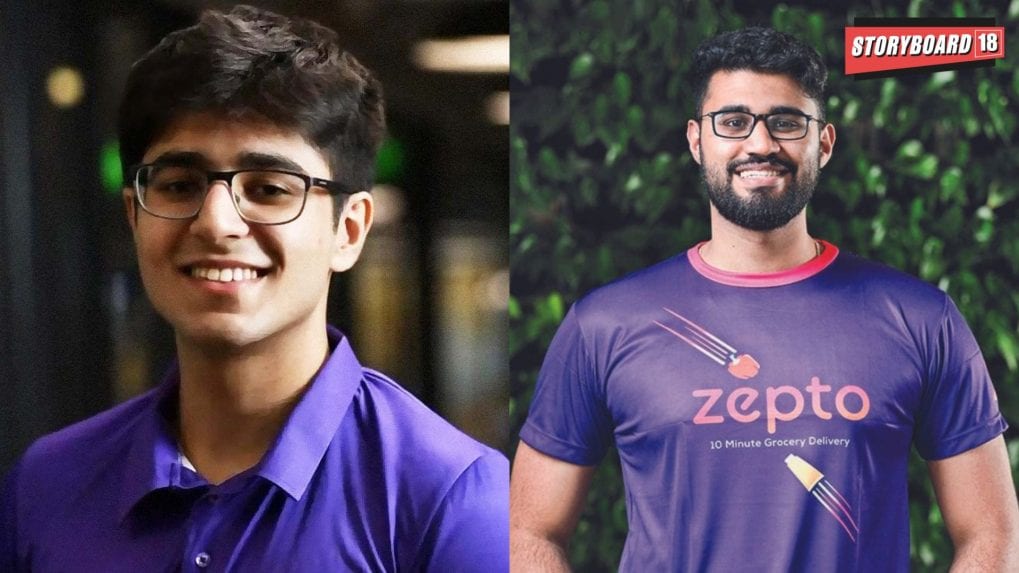Hurun India U30: Zepto co-founders Kaivalya Vohra and Aadit Palicha take the top spot
Part of the larger Uth Series 2025, the U30 list includes both first-generation entrepreneurs whose startups are valued at over $25 million, and second-generation leaders managing family-owned businesses worth $50 million or more.
ADVERTISEMENT
India' entrepreneurial landscape is undergoing a seismic shift, and the newly released Avendus Wealth-Hurun India U30 List 2025 is shining a spotlight on the young trailblazers driving this transformation.
Unveiled on Thursday, the inaugural edition features 79 of India's most promising entrepreneurs aged 30 or below, operating across diverse sectors such as technology, consumer goods, financial services, and healthcare.
Also Read: Zepto's Kaivalya Vohra, 21, tops Hurun India Rich list as youngest entrepreneur
Part of the larger Uth Series 2025, the U30 list includes both first-generation entrepreneurs whose startups are valued at over $25 million, and second-generation leaders managing family-owned businesses worth $50 million or more.
In a significant indicator of changing tides, 66 of the 79 honourees are self-made entrepreneurs, showcasing the rise of meritocratic and innovation-driven ventures.
Mumbai emerged as the top city, contributing 15 names to the list, followed by Bengaluru and Delhi. The entrepreneurial spirit, however, was not limited to India's metropolitan hubs - founders from smaller cities like Salem, Phagwara, Hubballi, and Ranchi also earned their place, pointing to a democratisation of opportunity across the country.
The average age on the list is 28, with Kaivalya Vohra and Aadit Palicha, co-founders of quick commerce platform Zepto, being the youngest at just 22.
Devika Gholap, 28, founder of OptraSCAN, is the youngest woman featured and has been recognized for her pioneering work in digital pathology.
Collectively, these young leaders have built businesses that raised $5.2 billion in equity and $270 million in debt, and they now employ over 64,000 people, according to the report.
Also Read: Rashmika Mandanna, Deepika Padukone lead the pack in Candere Hurun's 2025 celebrity investor list
Among them, Svatantra Microfin, founded by Ananyashree Birla, is the largest employer with 23,289 staff. At age 30, Birla also brings the longest entrepreneurial tenure - 13 years - to the list.
Software products and services dominated the sector-wise distribution, with 21 entrepreneurs, followed by 12 in consumer goods and 9 in financial services. Over 60% of the ventures recognised are service-led, reflecting a shift toward experience-driven and tech-enabled business models.

